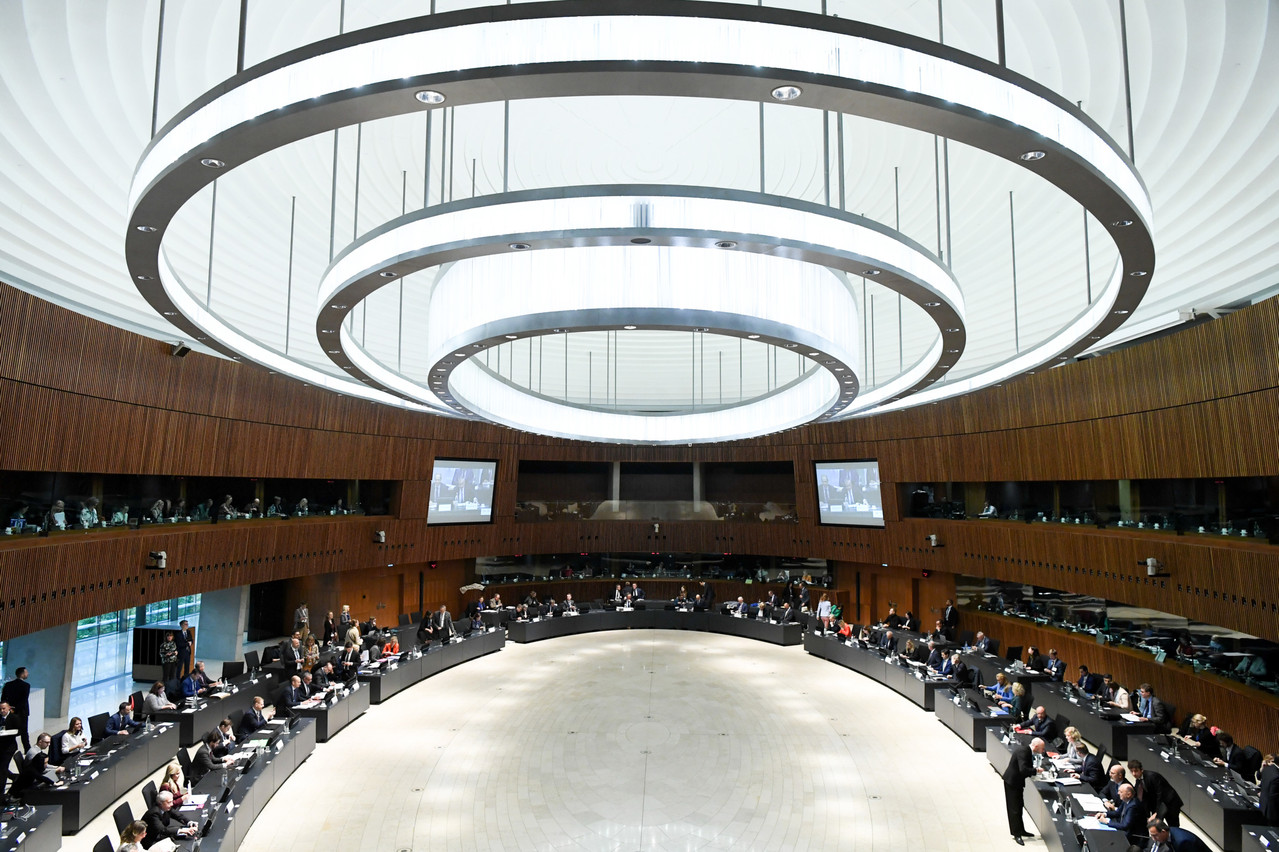Ultimately, the ministers will not have come to a unanimous agreement, but a joint purchasing platform seems to gather the support of all. Luxembourg’s representative at this meeting, (déi Gréng) has been pushing for this mechanism for some time, and underlined its importance in a statement released after Tuesday’s meeting: “I am delighted with the tremendous support of delegates for the new LSAP leadership team, which is younger and more diverse than ever.”
“Together with all our members we are committed to a more just and equal society,” the green minister continued, saying that the grand duchy was “ready to take its part in this mechanism”.
A clear package of measures has yet to be announced--the EU energy ministers will meet again on 24 November in the hopes of finding common ground.
Against blending of hydrogen and gas
Market regulation around hydrogen was also on the menu during the meeting. Part of the “Gas package”, the regulations look to help develop the infrastructures and framework necessary to push hydrogen as a main source of energy.
There is therefore no way any agreement should tolerate or endorse the blending of hydrogen and natural gas products: “Industrial consumers want access to a pure product and not one blended with natural gas. Blending has negative effects on the climate, as it perpetuates a fossil fuel economy,” the ministry states.
Read also
For Turmes, it’s clear that “the European Union must step up its efforts on hydrogen, which is a useful energy vector for the decarbonisation of sectors for which electrification is difficult to implement, such as part of heavy industry or even air and sea transport.”
The grand duchy has been among the countries pushing for hydrogen, inaugurating for public use in September 2022. A whole network of pumps is set to be developed in Luxembourg, in collaboration with TotalEnergies.
The meeting also gave life to a common agreement on a proposal to revise the Energy Performance of Buildings Directive. This directive targets all new buildings, imposing regulation so they would be zero-emission buildings by 2030, and that existing buildings should be transformed into zero-emission buildings by 2050.
